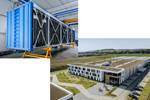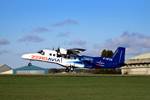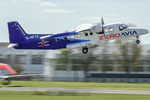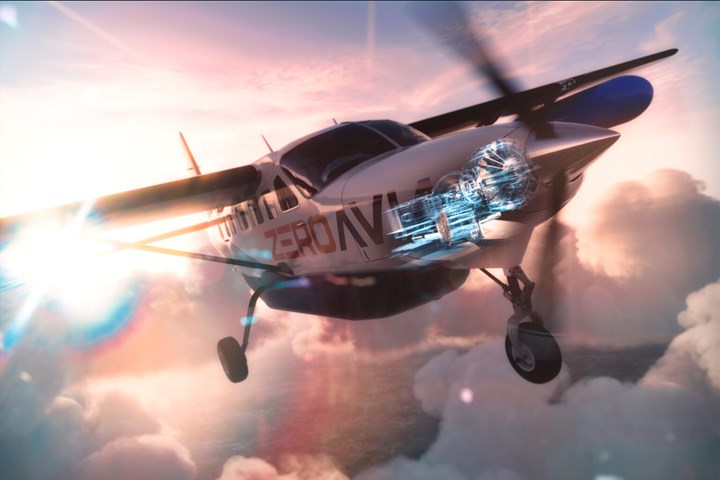MEHAIR places order for 20 ZeroAvia ZA600 engines
Regional operator targets retrofit of Cessna Caravan platform to drive hydrogen-electric flight across the Indian subcontinent, adds to 2,000+ secured preorders.
Maritime Energy Heli Air Services Pvt Ltd. (MEHAIR, Kemble, U.K.) recently placed a conditional order for up to 20 of ZeroAvia’s (Hollister, Calif., U.S.) ZA600 hydrogen-electric engines. The order adds to the more than 2,000 engine preorders secured by ZeroAvia.
MEHAIR has historically offered services across the Indian subcontinent, commencing with the Andaman and Nicobar Islands in 2011. The company now has ambitious plans to grow across a range of subregional routes across India with both amphibian and wheeled aircraft.
MEHAIR will explore a range of options for financing the acquisition and retrofit of the engines to its upcoming fleet of 10 Cessna Caravan aircraft, including working with potential leasing partners. The company already has a relationship with Monte as its preferred ZA600 lessor partner. ZeroAvia and MEHAIR will also work together on establishing the fuel supply for the operator’s services across India.
ZeroAvia currently has more than 1,000 provisional orders for ZA600 and ZA2000 powertrains. According to a back of the envelope calculation, assuming two to four Type IV 700-bar CGH2 tanks per ZA600 powertrain would equal 700 to 1,400 CFRP cylinders needed initially, perhaps from 2025 to 2028.
ZeroAvia plans to certify the ZA600 by the end of 2025 and is already working closely with the U.K.’s Civil Aviation Authority (CAA) as well as other regulators to ensure harmonization and rapid certification globally.
India has aspirations to use hydrogen as a key enabler of its clean energy future, particularly in hard-to-abate sectors like aviation, and to deliver net zero by 2070. A target of reaching 5 million metric tons of hydrogen production per annum has been set for 2030.
“The rapid increase in demand for flights will be a key driver of economic growth and social and cultural exchange, but clean flight technology will be essential to ensure it does not derail net zero progress,” James Peck, chief customer officer, ZeroAvia, says. “Hydrogen fuel cell propulsion can offer lower operating costs and zero-emission flight, driving a rapid increase in regional aviation and support dramatic expansion of MEHAIR’s operations.”
Related Content
-
A new era for ceramic matrix composites
CMC is expanding, with new fiber production in Europe, faster processes and higher temperature materials enabling applications for industry, hypersonics and New Space.
-
Manufacturing the MFFD thermoplastic composite fuselage
Demonstrator’s upper, lower shells and assembly prove materials and new processes for lighter, cheaper and more sustainable high-rate future aircraft.
-
Plant tour: Spirit AeroSystems, Belfast, Northern Ireland, U.K.
Purpose-built facility employs resin transfer infusion (RTI) and assembly technology to manufacture today’s composite A220 wings, and prepares for future new programs and production ramp-ups.

















